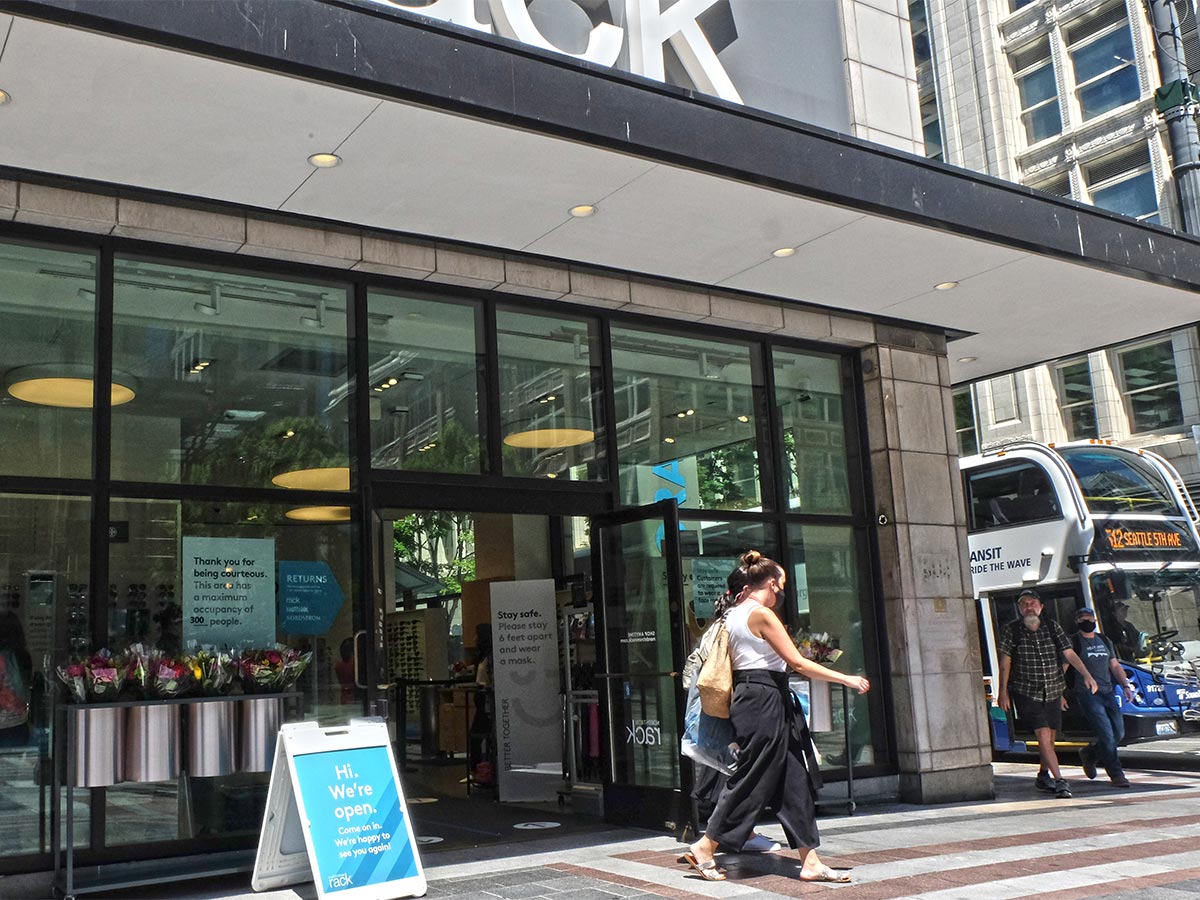News
Second Wave of DSA Business Outlook Survey Reveals Perspectives on the Future
Posted on

COVID-19’s arrival in March 2020 triggered Seattle’s worst economic downturn since the Great Depression. Seattle’s diverse business and nonprofit communities were forced to make sudden, drastic changes to their operations, and so far this year more than 190 businesses have closed.
To better understand the pandemic’s specific effects on businesses and organizations in Seattle, DSA fielded a Business and Nonprofit Outlook survey this past spring. The findings of that survey have informed our advocacy and media efforts as we communicate the economic impacts and needs of our members and broader business community. Our team conducted a second wave of the survey in September.
In our follow-up survey, respondents offered their perspectives on reopening and expectations for the coming months.
The responses came from a large cross-section of companies in Seattle, including both large and small businesses. Most were locally owned firms with locations downtown. Industries represented include many impacted by efforts to curb the spread of COVID-19: retail, restaurants, hotels, arts and entertainment, tourist attractions and nonprofits.
Following is a top-line summary of learnings. More detailed response analysis can be found on our website
- The biggest concern cited in both waves of the survey was lost business. This was cited by 74% of respondents in the first wave and 60% of respondents in the second wave.
- In the first wave of the survey, nearly all (90%) of respondents said they have seen a reduction in revenue. This fell to 80% of respondents in the second wave of the survey.
- The level of revenue loss cited by respondents in the second survey was improved over the first. In May, nearly half saw revenues decrease by more than 75%, while in the second wave, less than a third said this was the case.
- Regarding perceptions about the risk of permanent closure of businesses, there may be some survivorship bias.
- In the first wave, slightly more than one in 10 said they were at risk of permanent closure in less than two months at the current level of disruption. A little more than a third said they were at risk of closing in less than five months. Nearly one-third were not concerned about business closure.
- In the second wave, almost no respondents said they were at risk of closure in the next couple of months; 17% in less than five months and about half said permanent closure was not a concern.
- Most layoffs among respondents are expected to be temporary, but more than a quarter are expected to be permanent.
- Nearly half of respondents said that at least 25% of their employees have already returned to the office or worksite and most expect at least 25% of their employees to return to the office by mid-2021. However, 18% said they do not expect their workforce to return fully to their worksites until 2022 and 20% do not expect to ever reach that level.
- Most (59%) think that it will take between one and three years for the Seattle economy to recover.
For more information, please email info@downtownseattle.org.